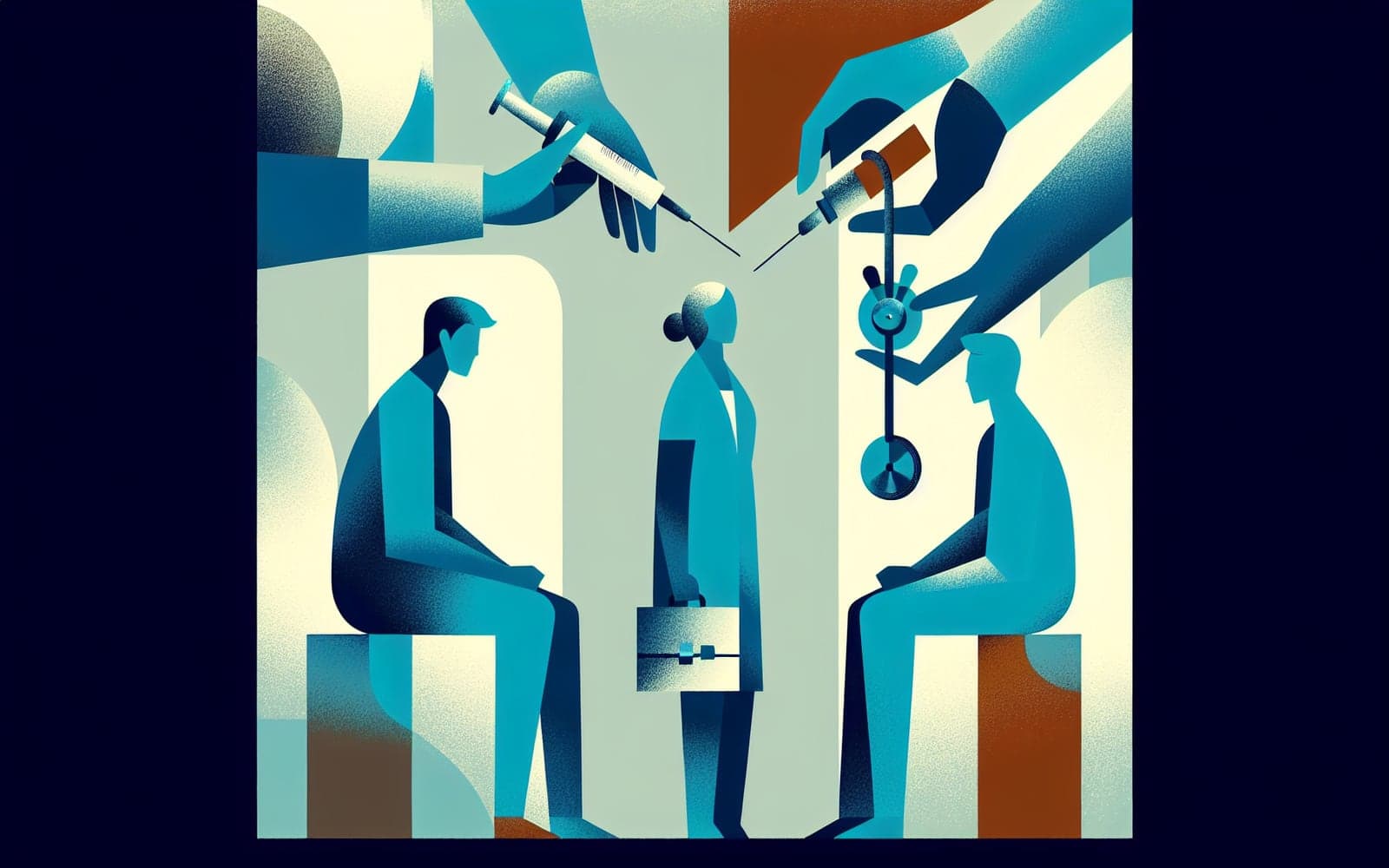Why Do Some People Get Shingles More Often?
Why Do Some People Get Shingles More Often?
What's This About?
Shingles, a viral infection that causes painful rashes, has certain risk factors that increase its likelihood. Let's explore who is most at risk and why.
Contents
- Age: A Major Factor
- The Impact of Immunocompromised Conditions
- Previous Varicella-Zoster Virus Exposure
Age: A Major Factor
As we age, our immune systems naturally weaken, making us more susceptible to infections like shingles. People over 50 are particularly at risk because their immunity against the varicella-zoster virus diminishes over time. This decline in immunity is the primary reason older adults are encouraged to get vaccinated.
The Impact of Immunocompromised Conditions
Certain health conditions can weaken the immune system, increasing the risk of shingles reactivation. Individuals undergoing treatments like chemotherapy or those with conditions such as HIV are more vulnerable. These conditions lower the body's ability to fight infections, making vaccination even more crucial.

Previous Varicella-Zoster Virus Exposure
Anyone who has had chickenpox carries the varicella-zoster virus in their body. This virus can reactivate as shingles, particularly when the immune system is compromised. Understanding your history with chickenpox can help assess your risk for shingles.
FAQs
Who is most at risk for shingles?
Older adults and those with weakened immune systems are most at risk.
Why does age increase shingles risk?
Aging weakens the immune system, allowing the virus to reactivate.
Can immunocompromised people get shingles?
Yes, they are at higher risk due to their weakened immune systems.
Does chickenpox history affect shingles risk?
Yes, having had chickenpox means the virus is present and can reactivate.
The Bottom Line
Understanding your risk factors can help you take preventive measures against shingles.
Additional References
- Burke BL, Steele RW, Beard OW, et al. Immune responses to varicella-zoster in the aged. Arch Intern Med 1982; 142:291.
- Levin MJ, Oxman MN, Zhang JH, et al. Varicella-zoster virus-specific immune responses in elderly recipients of a herpes zoster vaccine. J Infect Dis 2008; 197:825.
This article has been reviewed for accuracy by one of the licensed medical doctors working for Doctronic.











